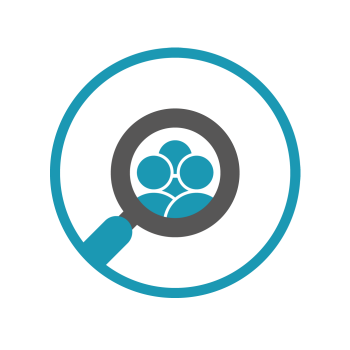
We love focus groups. Why?
Focus groups give us deeper insights and broader context to results we have collected in surveys and we have crunched in our data. They help us get closer to what people are really thinking and feeling…help us understand the “why” behind “what” they have done (or not done) while participating in our peer-to-peer fundraising events or campaigns.
Ready to give them a try? Great! Here are our top 3 tips for doing them right…
Tip #1: Make sure your questions help you reach your objective
First, consider the information you already have collected in other forms of assessment (like surveys and data analysis) and determine what additional insights you hope to gain with the focus group. It helps to ask yourself the following questions: “What do we want to know?” and “What will that information enable us to do?” Then, make a list of questions that will help you get feedback in the most direct way possible. Questions should be short, neutral, unambiguous, focused on one topic and should not be possible to answer with a simple “yes” or “no”. Finally, put them in order of priority to ensure your most pressing questions are answered during the session.
Bonus Tip: Plan to host focus groups after you have some initial survey results and have completed some topline data analysis so that you can use the focus group to go a bit deeper on those insights.
Tip #2: Decide who should be invited and when
We’ve found that a 2-hour focus group during a weekday evening is long enough to get into some “meat” but short enough so that you don’t lose people to other obligations. Considering that timeframe, you should aim for a maximum of 8 to 10 people so you can ensure that everyone’s opinion can be heard. The attendees you select should be a solid representation of your current participant base or your ideal target audience…both demographically and psychographically.
Bonus Tip: Confirm 12 participants and expect 25% attrition.
Tip #3: Create an open and relaxed environment
It’s important that focus group participants feel comfortable expressing their opinions freely and honestly. One of the best ways to ensure this level of openness is not host (or attend) the focus group…and, instead, use a third party moderator. The moderator should explain at the start of the session that their remarks will remain confidential. If the moderator plans to record the session, make sure all participants have given written consent and that any video or audio equipment is discreetly placed so it’s not a distraction. The consent form should also clarify that the recording will only be used by the moderator for note-taking purposes and would not be shared with the charity.
Bonus Tip: Providing snacks and refreshments at the start, along with asking everyone to make a quick introduction about why they participated in the peer-to-peer programme helps to create a more relaxed and welcoming atmosphere.
We hope these tips are helpful when planning your next focus group! If you need some support with assessing and optimising your peer-to-peer event or campaign, please give us a shout!
PS. There’s a bonus “side effect” of focus groups that can help with participant stewardship and loyalty. At a focus group, participants have a special chance to meet other participants, share their ideas and build off of each other’s enthusiasm. So, by the time the session is over, they tend to feel more connected to the charity, to the peer-to-peer program and to their fellow “tribe” members. Cool, eh?
